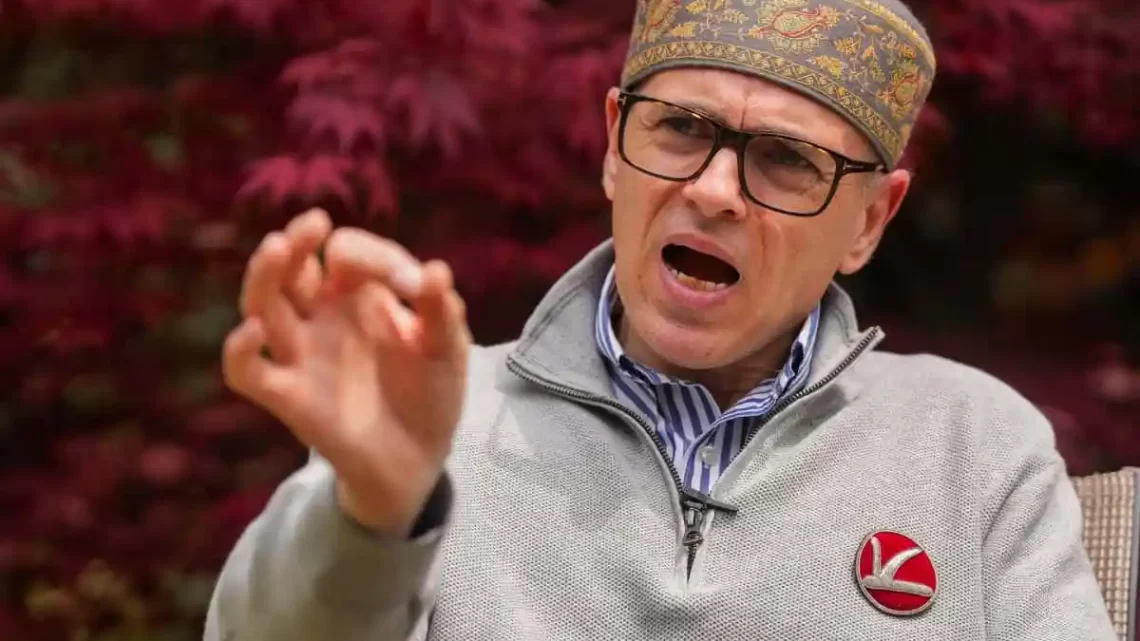
India is Unable to Grow Amid Targeting Minorities: Omar Abdullah
May 6, 2024National Conference Vice President Omar Abdullah has condemned the Hindu extremist BJP for its anti-Muslim rhetoric during elections, warning that targeting India’s 14 per cent Muslim population will not contribute to the country’s growth.
Addressing a rally in downtown Srinagar in support of his party candidate Aga Syed Ruhullah Mehdi, Abdullah stressed the importance of fostering harmony post-elections and initiating dialogue with Pakistan.
Abdullah highlighted instances during the campaigning where several top BJP leaders targeted Muslims, expressing concern that this animosity persists beyond election periods. He underscored that India is home to a significant Muslim population, and singling out the minority community undermines the nation’s strength and unity.
Referring to recent attacks in regions like Poonch, Abdullah voiced apprehensions over the resurgence of militancy. He criticized the BJP-led government’s policies, particularly in Indian illegally occupied Jammu and Kashmir (IIOJK), and called for improved security measures in the region.
Abdullah lamented the failure of the BJP to acknowledge the reality on the ground, pointing out a troubling resurgence of militancy in areas that were previously considered liberated during his tenure as chief minister from 2009 to 2014. He cited Srinagar city, which has witnessed repeated militant attacks, along with Rajouri and Poonch, as areas experiencing this resurgence.
The remarks by Abdullah underscore the deep-seated tensions and challenges faced by minority communities in India, particularly Muslims, amidst the political rhetoric and policies of the ruling BJP.
As India contends with issues of communal polarization and security concerns, Abdullah’s critique serves as a reminder of the importance of upholding secular principles and fostering a climate of tolerance and mutual respect for all communities.

